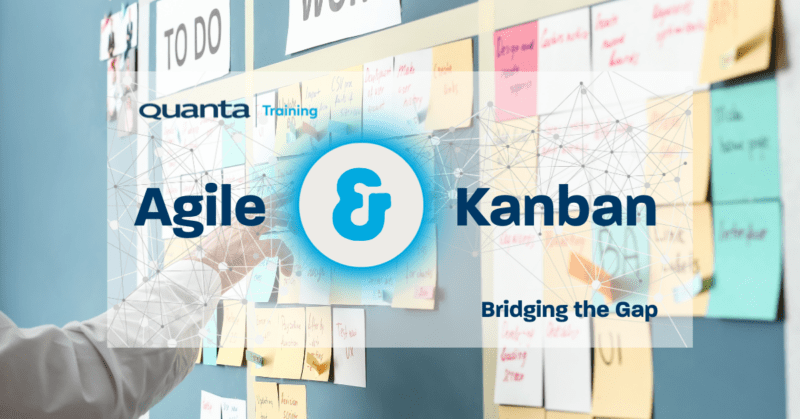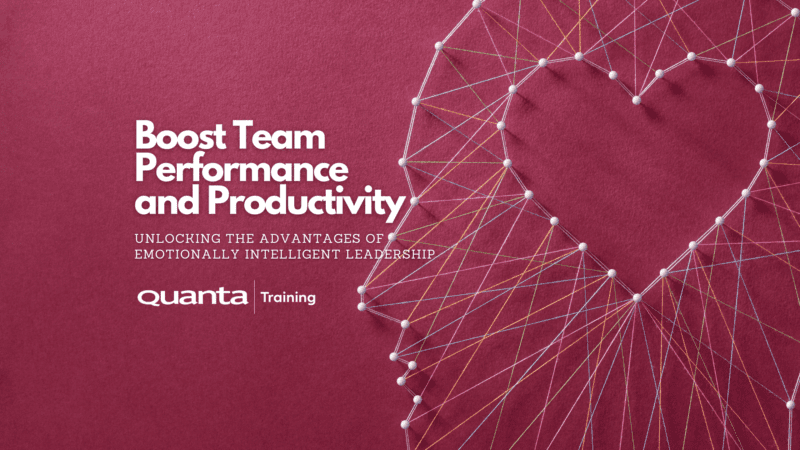A training programme leading to the Service Desk Analyst qualification
The Service Desk Analyst is a three-day training course which leads to the Service Desk Analyst qualification. Students debate the skills, knowledge and attributes required for staff to succeed in their roles, learn the importance of customer relationship management and review the service skills required to develop and maintain good working relationships with customers and peers.Book a Private Event
If you require the content of this event tailored or have around 7 or more people to train it maybe better for you to host a Private Event, please get in touch to discuss this.
Get in touchDescription
Who is this course for
Aimed at service desk and support analysts with at least 9 months' experience in an IT service and support environment. Training and certification provides essential development and a recognized certification.
Purpose of the course
The course looks at support methodologies and technologies and the tools utilised within the Service Desk. It reviews key issues such as; service level agreements; the benefits and pitfalls and the importance of metrics; the implementation of service management processes and effective problem solving techniques that a Service Desk Analyst can utilise.
You will learn how to
- Deliver efficient and effective support in the Service Desk environment
- Use best practice skills to deal effectively with a variety of situations
- Identify customer needs and motivations
- Handle difficult situations
- Work in a Highly effective SD team
Prerequisites
The SDI's SDA is for individuals who have studied the support profession for at least one year, have been working in a second or third level support role for six months, or have been working in a support profession for six to twelve months.Benefits for you as an individual
The course is based upon the standards and objectives for SDI's Service Desk Analyst qualification and ensures that students have the knowledge, information and tools to take the SDA exam and gain an industry standard best practice qualification.
Benefits for your organisation
Businesses now run on technology. That technology needs to be supported. Having a highly effective Service Desk has now become critical to the success of any modern business. This course ensures analysts work to consistent, industry recognised standards and in line with best practice guidelines
Roles & Responsibilities
- Role and responsibilities of the SDA
- Role and responsibilities of the Service Desk
- Best practice within the support industry
- The importance of meeting commitments and delivering service excellence
- To determine the attributes, skills and knowledge of a successful SDA
Relationship Management
- The meaning of customer service within the IT support environment
- Key elements for delivering customer satisfaction
- Relationships and the important of teamwork
- Customer relationship management
- Cultural awareness and sensitivity in the support environment
Effective Communication Skills & Competencies
- Importance of effective of communication
- Ways to ensure your communication is effective
- Professional call management
- Differences between face to face, telephone and written communication<
- Importance of good listening skills
- Getting it right when you write
- Good questioning skills, and the different types of questions that we ask
Effective Rapport and Conflict Management Skills
- Empathy and how it should be used
- Effective conflict management and resolution skills
- Effective negotiation
- Learn how to deal with difficult user situations
- Stress: causes, symptoms and how to manage it
- Behaviour: assertive, aggressive and passive
Quality Assurance Activities for The Service Desk
- The importance of Quality Assurance processes
- Effective customer satisfaction surveys
- Three types of popular customer satisfaction surveys used in the Service Desk environment
- Service Desk measurements and statistics
Effective Process Management
- Understand what ’Process Management’ means
- Well thought out processes and procedures
- Processes for call handling
- Importance of high-quality call documentation
IT Service Management
- Key responsibilities of the Service Desk
- Logging Incidents correctly and clearly
- Value of SLAs, OLAs and UCs
- 2 types of escalation and the importance of providing timely status updates
- The role the Service Desk plays in the main ITSM processes
- Problem Management - IT Change Management - Knowledge Management - Security Management - Service Continuity Management
Problem Solving
- Steps taken during the problem-solving process
- Benefits of creative problem-solving
- Techniques for creative problem-solving
- Learn about analytical problem-solving skills
Service Desk Technologies
- Commonly used technologies within the support environment
- Recognise commonly used methods of support
- Benefits and disadvantages of remote control
- instant messaging and chat with the Service Desk
- The basic anatomy of a network
- Primary components of laptop or desktop systems
- Identify some common peripheral devices
Tools and Technologies
- Learn the basics of PBX, ACD and IP telephony
- Purpose, advantages and disadvantages of CTI
- The role of self-service technology in the Service Desk environment
- The role of self-help technology for users
- Common uses for self-service technology
- Advantages and potential disadvantages of self-service technology
- Purpose and advantages of self-healing technology
Additional Exam Information
At the end of the course there is a 60 minute, multiple choice closed book exam. There are 60 questions and 65% (39 correct answers) are needed to pass.If taken as online proctored exam there is an additional £25 fee payable per exam.
Get Started
Forget trawling through endless course catalogues – Find the training that’s right for you
Learn MoreLatest from our blog
Kanban and Agile: Bridging the Gap
Kanban and Agile: Bridging the Gap Quanta’s Kanban University Certified Trainer Steve Church explores the way in which Agile and…
Read More
How a Ballerina could move into Cybersecurity
Jason Ford, Quanta Cybersecurity and IT Trainer talks about the limitations in Cybersecurity Training courses. Jason discusses a safe and…
Read More
Boost Team Performance and Productivity: Unlocking the Advantages of Emotionally Intelligent Leadership
Quanta People Development and Leadership Trainer, Giles Collins outlines the key elements of Emotionally Intelligent Leadership and how it impacts…
Read More






